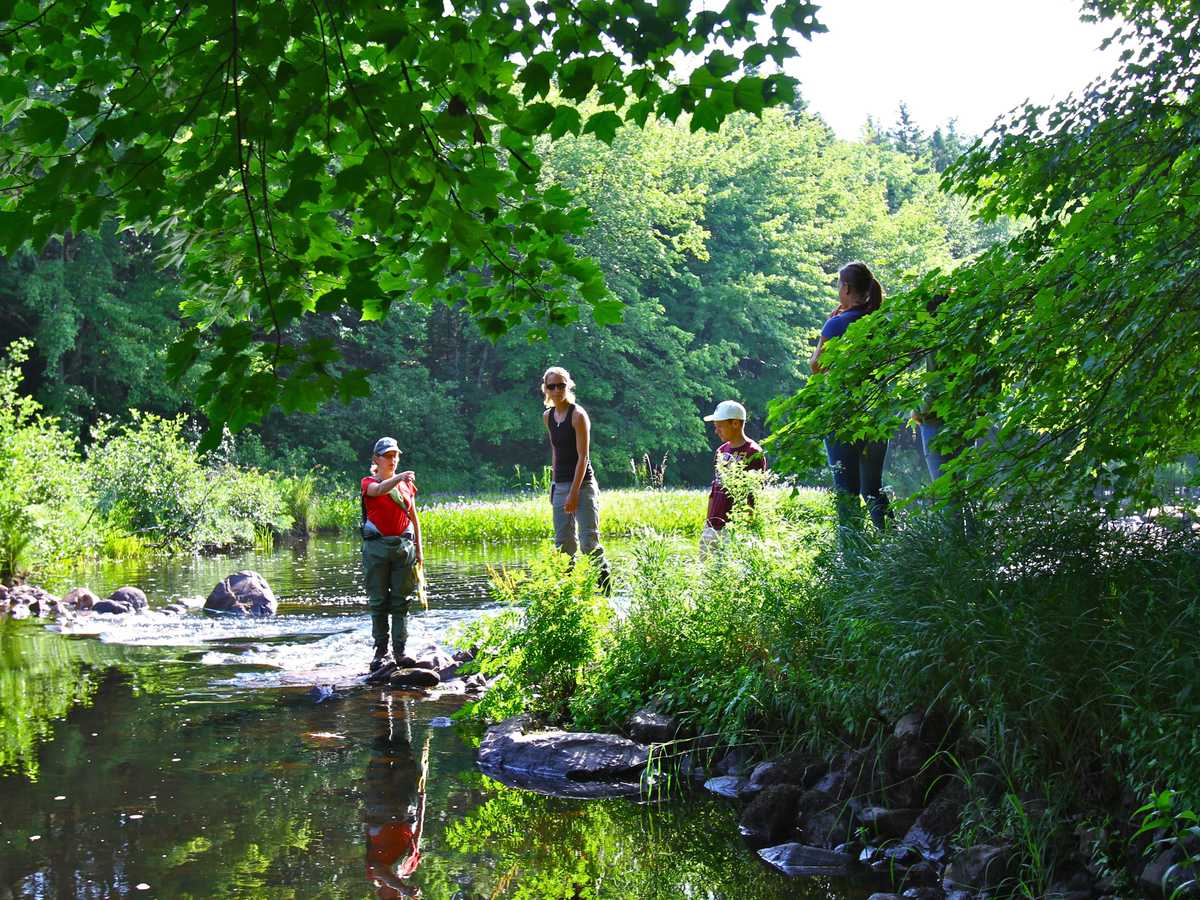
The Canada Water Agency must tap into the sector's innovations
July 22, 2020
The creation of a Canada Water Agency, mandated by the federal government last year, is a unique opportunity to improve freshwater stewardship in this country.
DataStream's Carolyn DuBois and Mathew McCandless of IISD Experimental Lakes Area contribute to ongoing discussions about the role of the agency, in this piece written for Policy Options.
They argue that it is vital to leverage the innovation that currently exists in networks of local communities, government agencies, Indigenous nations, industry, academia, community groups and local institutions, in order to answer fundamental questions about the state of our fresh water and ways we can protect it.
“The creation of a Canada Water Agency is a unique opportunity to tap into innovation that is out there today”
Carolyn and Mathew’s recommendations for the federal government include:
- Recognizing the growing range of actors collecting and utilizing data for freshwater management and acknowledging that these vital initiatives effectively engage communities and the public in the decisions that affect them. The federal government has seen value in such efforts but there is an opportunity to coordinate federal support that has (like the management of freshwater itself) been spread across departments.
- Supporting existing programs to ensure their financial stability. Community initiatives invariably punch above their weight, but are often surviving on shoestring budgets and not fully communicating with their peers.
- Paying special attention to young people who are engaged in data collection and analysis, to enhance their skill sets, and ensure that Indigenous voices, sovereignty and protocols are recognized and respected.
- Bringing disparate existing organizations together, to share expertise, resources and best practices. This will result in the whole network becoming more efficient, and capable of effectively informing the wide range of people who use such data — from policy-makers, developers and engineers to conservation organizations and farmers.
- Continuing to strengthen its commitment to an “open by default” approach, whereby projects that the federal government funds and organizations with which it partners must take action to open up their data and are provided capacity-building support to help this happen. Data sets are most valuable when they are thoughtfully managed and openly available. Supporting the creation and sharing of better, faster-moving data helps facilitate innovation, such as the use of AI to create better prediction models.
Read the full article here and take part in an ongoing consultation about the Canada Water Agency here.
The results are in! DataStream's 2023 external evaluation
We asked for your feedback, and you delivered! DataStream is pleased to share the results of our 2023 external evaluation.
Community science on the agenda in the Great Lakes
Since DataStream began in 2016, we have focused on amplifying the important work of community-based monitoring groups. We’re excited that community science has been a central theme at the many gatherings we’ve attended over the past few months throughout the Great Lakes region.
Paddling and protecting the Madawaska
For the past four years, Madawaska Kanu Centre’s office team have been tracking the river’s water quality. Once a month, unless the conditions are too icy, they measure parameters like pH levels, dissolved oxygen and transparency.


